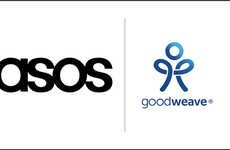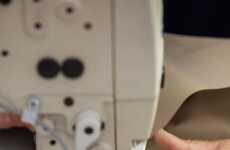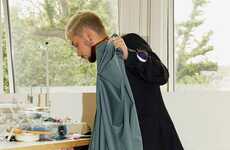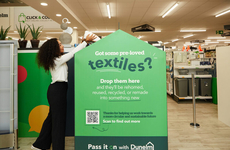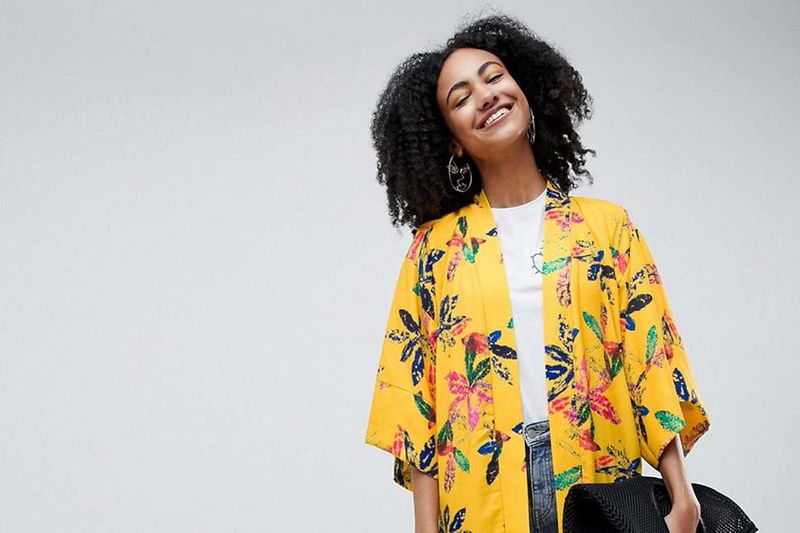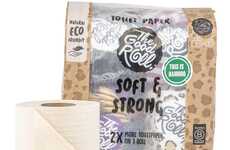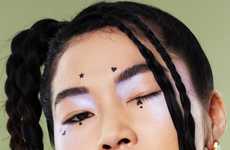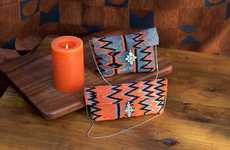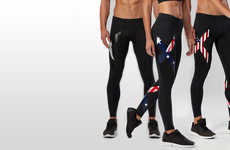
ASOS' Leftover Fabrics are Used to Make Sanitary Pads
References: standard & designtaxi
Fashion retailer ASOS is contributing to the movement for sustainability with a recycling initiative that will support young women in Africa. The ASOS Foundation partners up with Kenyan clothing manufacturer SOKO Community Trust for a project that will make use of textile scraps. Officially dubbed 'The Kujuwa Initative,' the collaboration is meant to support women in Africa by providing them with feminine products created from garment off-cuts from ASOS x SOKO's "Made in Kenya" collection.
The recycling initiative is not only eco-friendly but socially conscious, as well. The sanitary products will be delivered to young women in a kit that contains two pairs of cotton underwear, soap, and a wash bag. In addition to the pads that are able to last up to three years, the Kujuwa Initative will also provide young girls in the region with health education.
The recycling initiative is not only eco-friendly but socially conscious, as well. The sanitary products will be delivered to young women in a kit that contains two pairs of cotton underwear, soap, and a wash bag. In addition to the pads that are able to last up to three years, the Kujuwa Initative will also provide young girls in the region with health education.
Trend Themes
1. Sustainable Fashion - Disruptive innovation opportunity: Develop new methods for recycling textile scraps and leftover fabrics in the fashion industry.
2. Socially Conscious Initiatives - Disruptive innovation opportunity: Create products that support social causes and empower underprivileged communities.
3. Health Education for Women - Disruptive innovation opportunity: Design educational programs and products that promote hygiene and wellness among young women.
Industry Implications
1. Fashion Retail - Disruptive innovation opportunity: Integrate sustainable practices throughout the entire fashion retail supply chain.
2. Textile Recycling - Disruptive innovation opportunity: Develop advanced recycling technologies for textile scraps to reduce waste and promote a circular economy.
3. Menstrual Products - Disruptive innovation opportunity: Create innovative and eco-friendly menstrual products that address the needs of women in underserved communities.
6.1
Score
Popularity
Activity
Freshness

